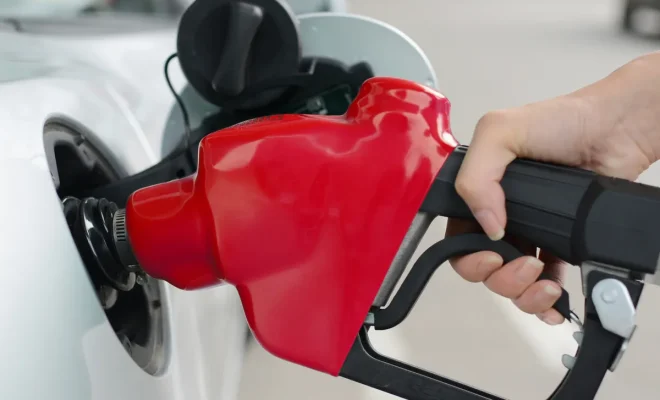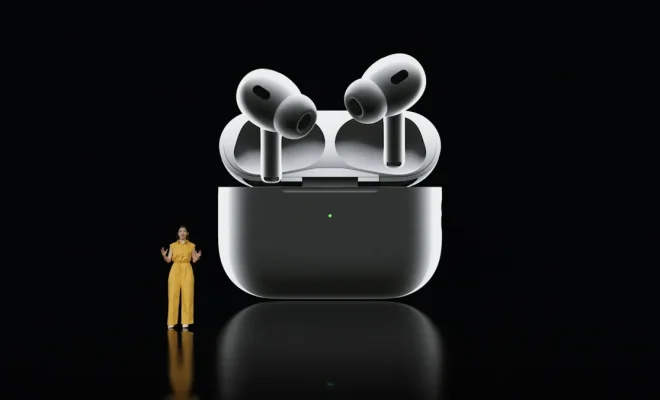7 Myths About Saving Gas Busted (and 7 Tips That Really Do Work)

Myth 1: Keep your tires under-inflated for better grip.
Busted: Under-inflated tires actually increase rolling resistance and decrease fuel efficiency. Maintaining properly inflated tires can improve your gas mileage by up to 3%.
Myth 2: Idling uses less gas than restarting your engine.
Busted: Idling for more than 30 seconds wastes more gas than turning off the engine and restarting it. Consider shutting off your engine at long red lights or when you’re stuck in a traffic jam.
Myth 3: Premium gasoline is always better for your car.
Busted: Using premium gasoline in a car that doesn’t require it is just a waste of money. Stick to the recommended octane level in your vehicle owner’s manual.
Myth 4: Small cars get better gas mileage.
Busted: Advances in technology enable even some larger vehicles to have similar gas mileage as their smaller counterparts. Always check the EPA fuel economy ratings for different models you’re interested in.
Myth 5: Gas fill-ups are cheaper on cold mornings.
Busted: Gas pumps measure volume, not density, so you’re getting the same amount of gas regardless of the temperature outside.
Myth 6: The air conditioning (AC) always consumes more fuel than rolling down the windows.
Busted: At high speeds, open windows create drag, which can decrease fuel efficiency. In these cases, using the AC could be more fuel-efficient.
Myth 7: Regular tune-ups and oil changes don’t affect gas mileage.
Busted: Keeping up with routine maintenance can significantly improve your car’s fuel efficiency. Neglected maintenance can reduce your mileage by up to 25%.
Tip 1: Drive at a consistent speed.
Accelerating and braking excessively wastes gas. Maintain a consistent speed whenever possible, and use cruise control on highways.
Tip 2: Avoid excessive idling.
As mentioned earlier, idling wastes gas. Turn off your engine if you’ll be stopped for more than 30 seconds.
Tip 3: Remove unnecessary weight from your vehicle.
Extra weight in your car can decrease fuel efficiency. Remove any heavy items you don’t need to carry around daily.
Tip 4: Use GPS to plan your route.
Avoid getting lost and wasting gas by using GPS or a map to plan the most efficient route to your destination.
Tip 5: Perform regular maintenance.
Proper maintenance helps keep your engine running efficiently, saving you money on gas in the long run. Check your owner’s manual for recommended maintenance schedules.
Tip 6: Monitor tire pressure.
Properly inflated tires optimize fuel efficiency and overall handling of your vehicle. Check tire pressure regularly and adjust as needed.
Tip 7: Combine errands into one trip.
Reduce the number of trips you take by combining errands into one outing. This minimizes the amount of time spent driving and saves both fuel and wear on your vehicle.





